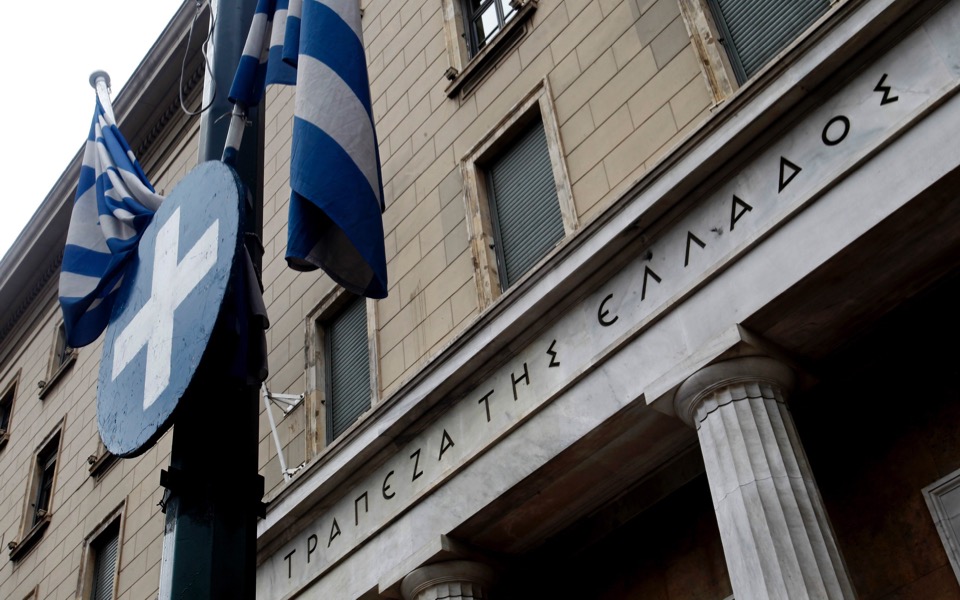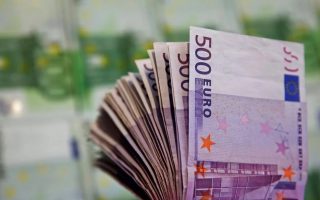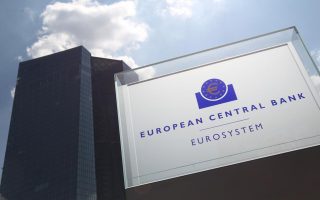New wave of NPLs on the way
Bank of Greece warns of another generation of bad loans as the geopolitical crisis bites

New nonperforming loans (NPLs) worth almost 5 billion euros emerged in 2021, increasing concerns at the Bank of Greece over the creation of new generation of bad loans this year after the outbreak of the geopolitical and energy crisis.
Addressing the 4th NPL Summit by ethosEvents, Bank of Greece Deputy Governor Christina Papaconstantinou noted that the first signs show that “we have new flows of NPLs and an increase in arranged debts,” This warning came ahead of the definitive withdrawal of the pandemic support measures for borrowers within 2022.
“This impact cannot be assessed with precision yet, but it does constitute a cause for concern, especially if the geopolitical crisis lasts for long or grows bigger,” she stated, noting that “no complacency is allowed.”
A similar concern emerged at the same conference from the chief executive officer of doValue Greece and president of the association of servicers, Tasos Panousis: He noted that “the crisis is calling on us to act before developments overcome us and we see new defaults.” He then stressed that “the companies managing loans worth €123 billion will have to double their efforts so as not to see the securitization plans derailed.”
The first worrying signs came in 2021, when, despite the overall reduction in the stock of NPLs in banks’ portfolios, new bad loans amounting to €4.2 billion were created, an amount that grows to €5.3 billion when interest is included, according to the central bank.
As the Bank of Greece notes, “during 2021 the loans shifting from performing to nonperforming were greater by €823 million than those moving the opposite way.”
At the same time a significant deterioration has also been recorded in some other key indexes in the industry, such as the index of uncertain collection, which reached 35.5% of all loans at end-2021, up from 29.4% at end-2020, and the index of loans delayed for more than 90 days, which climbed to 31.1% from 23.3% respectively.





